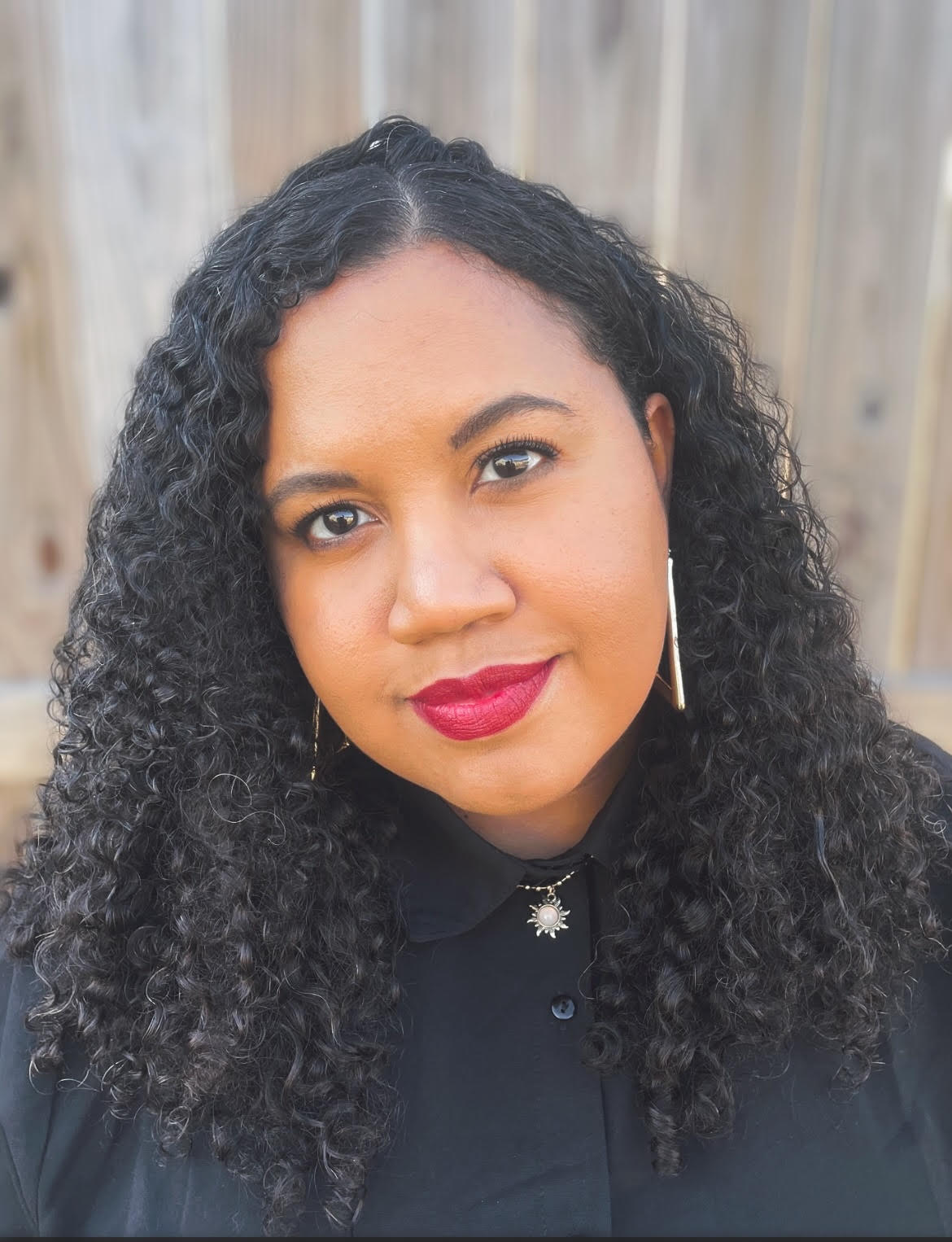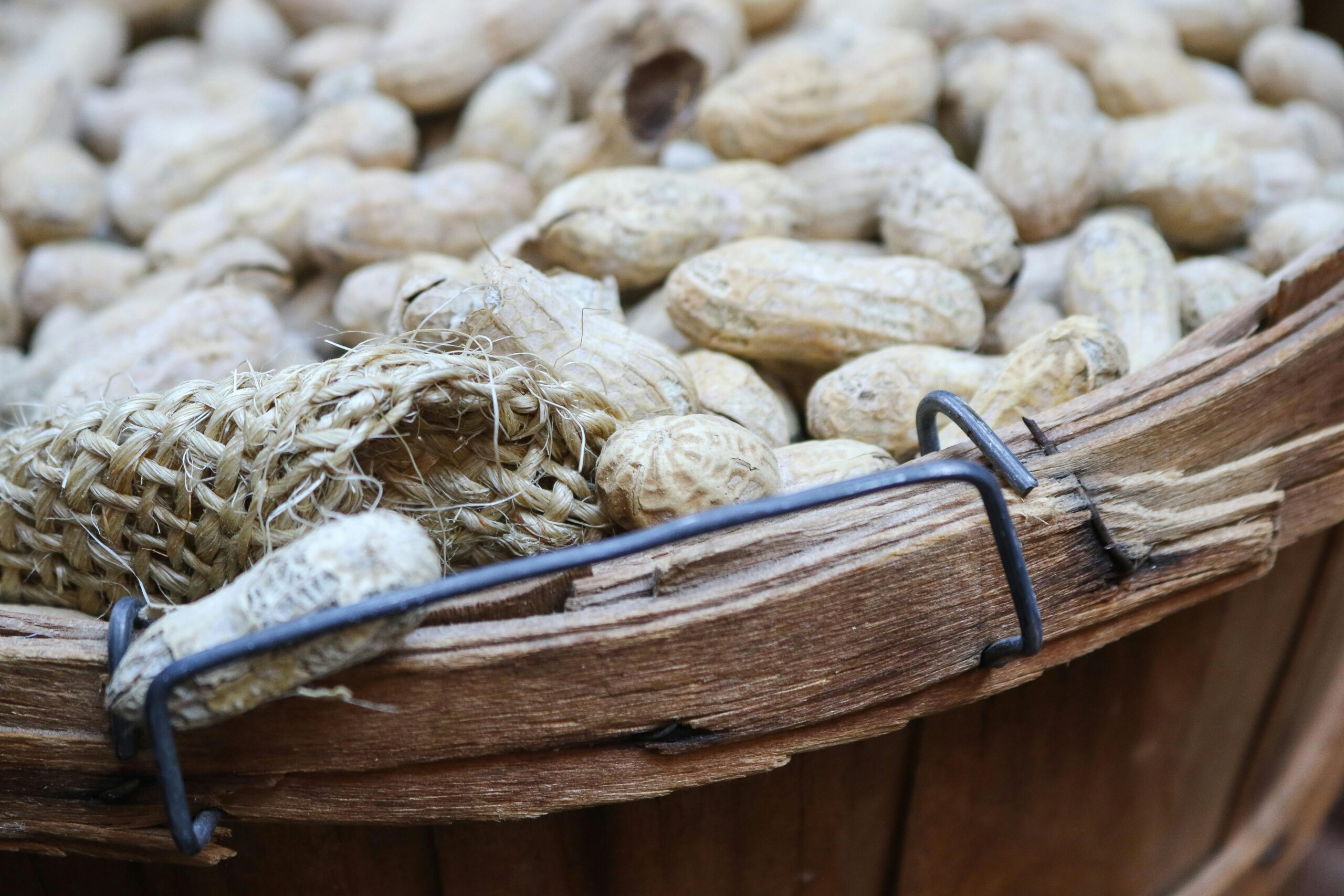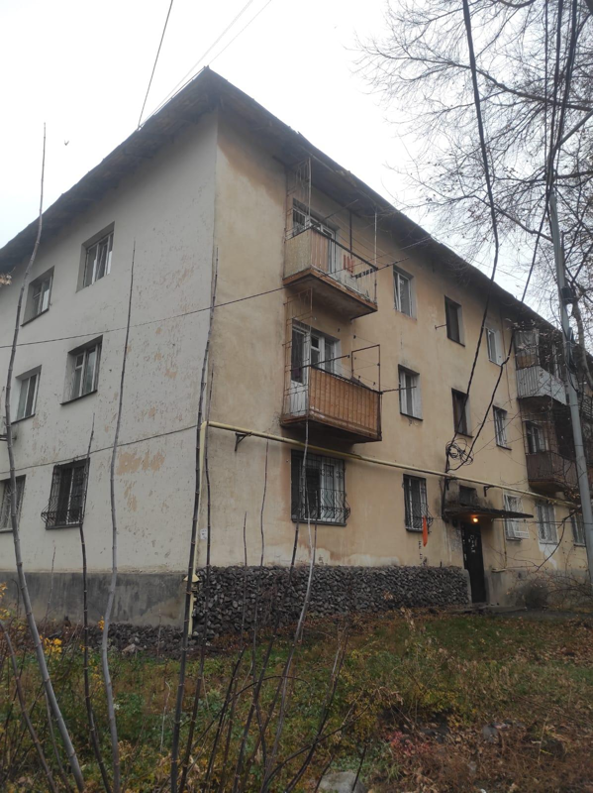He brought her stories, long and intricate narratives that he laid at her feet like a dog with a bone. She would have preferred love, or at least more of his wild, open-hearted sex, but that was complicated; after all, she lived in another time zone now, and the divorce, far beyond messy, had left him in debt. For weeks, he’d camped out in his friend’s van—demoralizing for a middle-aged man. He had an apartment on the third floor in what she knew was a rough neighborhood, backing up against the desert. He had a son also, and that’s where his energy needed to go. Stories were what he could manage for her.
So she took them, uncomplainingly, suspecting that one day they would fade away too. It is what it is what it is, she reminded herself. And sometimes she told herself it was best this way, that her own life was nowhere near as chaotic as his, was in fact relatively serene, and that’s how she liked it.
He was a drummer, and he worked as many gigs as possible to try to stabilize his finances. He worked most every day, and twice some days, gigs that lasted four hours or more. He was constantly setting up his drum kit, taking it down. Mainly at bars, sometimes for private parties. Gig seemed to her a strange word for a grown-up to use in place of job. She worked these days as a curator at a smallish art museum in an eastern city, arranging exhibits and sometimes giving lectures. She specialized in abstract expressionism; she’d written two books on the topic.
One morning on the phone, he told her about a man who had come into the bar where he was playing the night before, tucked into a strip mall set back from the road, very different from the urban bars near where she’d lived for the last half year. Between sets he chatted with the man, a retired engineer who said he was out for the first time since his wife’s death nineteen months earlier. The man drank draft beer from a generous-mouthed glass in big gulps and ordered more. He seemed gangly and weak, without enough muscle to even lift his grin on both sides. He wore loose gray shorts with big pockets, and his knees looked like candied apples on sticks. That’s how the drummer spoke, in pictures like that; it was one of the reasons, maybe the main one, that she sometimes thought she was in love with him.
The widower’s weakness and his knees were not a problem, but it was a problem when he peed on the bar stool, peed a lot, and it puddled, a shallow, sour-scented lake that spread slowly toward the center of the floor. Everyone began noticing him then: the two or three other patrons in the place, the waitresses, the guitarist who had once been addicted to drugs and now suspected most other people were addicted too, or had been, or were about to become. “Watch out, watch out!” the guitarist called out vaguely, bouncing on the balls of his feet.
The widower kept holding up that one side of his grin as he moved to a different bar stool. He acted like he wanted to watch the band from another angle. He even waved at them. “Ah, well. Poor guy. Just clean it up,” is what the drummer said he told the waitresses, and she could imagine him saying it. He’d become very forgiving of human foibles ever since his days spent living in the van, crying in front of his son, his ex-wife calling the cops once when he was parked outside their old home, all the rest of it. After the last set, when he band wrapped up for the night and the widower wobbled in the direction of his car, the guitarist turned to the drummer. “He shouldn’t drive home.”
“Probably not.”
The guitarist gave the drummer a little push on the arm. “Go stop him.”
“Me?”
“Go save his life,” said the guitarist, who had gotten very thin during the drug addiction period and had stayed thin, and moody, and theatrical. The drummer had many stories of having saved lives—once on a beach in Malibu, another time at a party in Phoenix, once on a balcony in San Francisco— and he thought of himself that way, so he considered the guitarist’s imperative natural. She wished for a moment that she could tell her ex-husband this story, because this was the kind of story she and her ex would have laughed over together, even after they separated. It had been a civil, mature divorce. But the two couples had all been friends at one point, and when it changed, she’d stopped mentioning the drummer to her former husband.
The drummer jogged to the widower’s car, a white Mustang parked at the edge of the lot, apart from the other cars, past yards of empty blacktop. The dry night air felt gentle against his skin; the drummer put that detail in. “I opened my mouth and breathed it in, and it was like being caressed deep down,” he said.
“And that moon-sliver looked like a trimming from God’s fingernail.”
“I had that moon too, last night,” she put in, maybe a little too insistently.
The window was rolled down, and the widower was sitting there, fumbling with his keys, trying to fit them into the ignition.
“You okay?” the drummer asked.
The widower looked up at him, perplexed at first, and then as though with recognition. “It didn’t work,” he said.
The drummer thought he meant that he couldn’t get the keys into the ignition.
“Maybe you shouldn’t drive anyway,” he said.
“I thought I could go out and enjoy myself,” the widower said. “But I don’t fit in here. It didn’t work. I can’t enjoy myself at all. They think I’m strange.”
“Well. This was only the first time; didn’t you say that? Come again, and drink a little less next time.”
The widower had bushy eyebrows that he kept smoothing with the fingers of his right hand; the drummer mentioned that detail now. “She was something, my wife,” the widower said. He moved his hands like making a woman’s figure and smiled. “Buttons to her neck, but with a wild side. We were married
thirty-six years.”
“Thirty-six,” the drummer repeated. His marriage, she knew, had lasted exactly a third that long, though he’d called himself a hopeless romantic and had intended to stay wedded forever. She’d been married a dozen years too, more peacefully than the drummer, though maybe more ironically and guardedly.
She’d intended to be less cautious this time, and she’d told him that. They didn’t discuss that now, of course, nor say anything about relationships in general, as they would have once. Though they were still trying to be together, long-distance, they mostly didn’t talk about themselves in a personal way these days.
“In all that time,” the widower went on, “I never did a load of laundry. Never made my dinner, until she went into the hospital. For breakfast, I got my own shortbread cookies and tea, and I had my lunch out—I was a working man, until two months ago. But dinner was always there, on the table. She took care of me.”
“I’m thinking we should call you a cab.” The drummer pulled his cell phone from his pocket. “How far away do you live?”
“’Course she never wanted to go out,” the widower said. “Maybe that’s one reason I’m so out of practice. It’s not only since she got sick and died that I’ve stayed in. I’ve been a monk. A damn monk, for years.”
The drummer punched in a number.
“She was a very religious woman,” the widower said. “That was her backbone. The foundation of her morality.”
The drummer gave the dispatcher the bar’s address. “We’re in the parking lot,” he said into the phone. “Next to a white Mustang. How long will it be?”
“I said she didn’t go out, but that’s a lie. She went to church functions. Made the best baked goods in church history. They all said that. I knew that was just another way she showed she loved me. Another layer of love.”
The drummer touched the man’s arm, which was resting on the window opening.
“But love dies,” the widower said. “It always does. Ours lasted longer than most.” The woman felt a sharp sting and thought about objecting to the widower’s words as pronounced by the drummer; she thought about being the one to sound romantic, about saying that love might change shape or disappear for a while, but would return, like phases of the moon. That love was redemption, in the end, and could last as long as life, or longer. She thought about insisting that it didn’t always die. Before she could, the drummer went on.
The widower was turning morose. “What’s your home address?” the drummer asked softly.
“What you need that for?” The widower looked at him suspiciously. “What are you cooking up?”
“I don’t need it. It’s for the cabbie.”
“What cabbie?” the widower said. “I live right near here. I don’t need a cabbie.” He began fooling with his keys again, trying to aim them for the ignition, still failing. “Gotta get this thing started. It’s almost going.”
“He lives nearby,” the drummer said into the phone. “Send the driver. Okay?”
Then, to the widower, “Why don’t you get on out of the car? It’s a nice night.”
He opened the driver’s door.
The widower climbed out, not noticing his keys as they dropped on the ground. The drummer picked them up and cradled them in his right hand. He could see the wet line on the widower’s pants—he’d definitely peed a lot, maybe a second time by now. He smelled like noodles made soggy by an over-seasoned sauce.
“‘Over-seasoned sauce,’” she repeated, laughing.
“Yeah, maybe too much cilantro,” the drummer said, and she laughed again. She almost always laughed, even though the stories were usually sad.
“But, you know, the truth is,” the widower said, “those things make less and less sense to me the more time goes on.”
“What things?” the drummer asked, and regretted asking almost immediately. “Noah and the flood, for instance. I doubt it, don’t you? An east wind that parted the Red Sea—maybe, but exactly at that moment? Seems unlikely. I used to be an engineer, you know. And what about the woman who got turned
to stone for glancing over her shoulder?”
“Well,” said the drummer.
“Are you a believer?” The widower stepped closer, and the drummer moved a little away.
“I believe in something,” the drummer said. He looked toward the entrance to the bar, saw the guitarist watching, and motioned for him to come.
“Fact is,” the widower said, “it’s a load of bull. I never believed it. She was simpleminded that way. I tried to be nice about it, though.”
“I’m sure you were,” the drummer said. “Nice.”
“And now I’m a goddamn monk.” The man shook his head. He was getting louder, belligerent. “You know, I spent years designing missiles that are being dropped out of fighter jets right now. Very accurately. Not much collateral damage, because I was good at it. It was less this, less that.”
“Less?” the drummer asked.
“That’s my name. Had a mathematical mind, even when I was a kid. Got awards for it. Now look at me.”
The guitarist walked up. The drummer didn’t need to describe the guitarist to her, because she’d met him before. In addition to his nervous bounce, the guitarist’s hair stood up from his scalp, and he was about five inches taller than the drummer, who was balding and more solid, with strong, finely formed hands.
She thought about those hands, and that reminded her of the time, a few months earlier, when he’d lifted her from the bed with her legs wrapped around him, twirled her about, and set her down someplace unanticipated, from where everything looked different and alluring: the wave of the bedsheets, the narrow shadow where floor met wall, his silhouette on the ceiling. She remembered how his face concentrated as he watched himself enter her. And how he put both hands around her head and held tightly, as if testing a melon, and said in an apprehensive tone that no one else compared to her. She’d confessed that she found his eye sockets, when he slept, to be unexpectedly beautiful. “‘Unexpectedly beautiful,’” he’d repeated, as though memorizing it.
That had been before, of course. Before they became more practical. More afraid, she’d wanted to tell him, but never had.
“How’s it going?” the guitarist asked.
“A cab is coming.”
“You’re saving this dude’s life, man. I mean it.”
“His name is Les,” the drummer said. “And we both are. You’re not leaving until I do.”
“I got a long drive in front of me.” It was true. The guitarist lived way out of town in a trailer, at the base of a small mountain.
“If I’m waiting for the cab, you are too,” the drummer said. “In fact, maybe you could pack up my gear for me.”
The guitarist sighed. “Hey, man,” he said to the widower before he walked back to the bar. “You can dry out, turn it around. It’s not easy, but it can be done. Believe in yourself.”
And now the drummer laughed with her. Even he could see how funny it was, the guitarist viewing the world only through his own prism, in which no one had a simple bad night, but everyone was addicted to something.
The widower was getting more and more worked up. “I don’t even think there is a God,” he said to the drummer. “Or, if there is, He’s really temperamental. Loves you one day, hates you the next. Do you have kids?”
“A son,” the drummer said. “Eight years old.”
“I have two,” the widower said. “Sons. They live in other cities. Don’t call much. Do you call your father?”
The drummer didn’t; he was estranged from his father. But he told the widower yes.
“Then maybe your son will call you,” the widower said. “Someday, after he’s grown up.”
The yellow cab finally pulled into the parking lot. The drummer waved both hands above his head like a man trying to get rescued, and the cab headed in their direction. The driver braked and looked from his window without getting out.
“This is him,” the drummer said. “He’s had a little too much to drink. He’ll leave his car here. You take him home.”
The driver looked them both up and down suspiciously. “What’s he wet with,” he asked, only it didn’t sound like a question.
“He can sit on this plastic bag,” the drummer said. He’d forgotten to tell her earlier that he’d had the guitarist bring one out from the bar. Now he opened up the backseat of the cab and spread the plastic bag on the seat, tucking it in at the back.
“Where does he want to go?” The driver still sounded doubtful.
“Where do you live?” the drummer asked the widower.
“You want to rob me?” the widower asked. “You bastard! I’m never doing this again. Never.” Then he seemed to forget what he was talking about, and looked up searchingly at the sky. Where the drummer lived, there weren’t that many lights, and the sky went on forever, and people could see the stars even in the middle of town. That wasn’t true of the city where she now lived.
“Look, if he won’t. . .” The driver tapped lightly on the gas pedal.
“Les. I don’t want this guy leaving without you. Give us your address. Now.”
The drummer sounded authoritative enough that the widower gave it without arguing further.
“Where’s the fare?” the driver said. “I want that before I go anywhere.”
“Jesus,” the drummer said. “Les, where’s your wallet? You need to pay the driver.”
“Do you believe those stories?” the widower asked the driver. “All those plagues, one after another, and the first sons dying?”
His biggest fear now, the drummer said, was that he was going to have to reach into the pockets of those gray, wet shorts and try to fish out a wallet. He decided to look in the widower’s car first. “Don’t go,” he said to the cab driver.
“Don’t. Go.”
Les kept talking about stories from the Bible while the drummer searched through the car, first the front, and then between the two bucket seats, getting a little more desperate as each minute passed. Finally, a miracle: he found the wallet in the back, on the floor.
“It was thick with money,” the drummer told her. “There was probably two thousand dollars in there. At least.” He didn’t say anything else, but she knew what two thousand dollars in cash would look like to
him right now. The week before, he’d gone to the food bank to get cans of beans and dried milk and rice in a brown paper bag. “I asked the driver, ‘How much do you want? You want twenty? Thirty?’ He said ten would be enough. I said, ‘You sure? For your trouble?’ He said ten would do it. So I gave it to him, threw the wallet in the backseat of the cab, and opened the door. ‘Get in, Les,’ I said.”
The story was coming to an end, and she wanted to make the drummer slow down; she wanted him to describe the moon one more time, or Les’s knees, or even how the pee oozed across the floor. It wasn’t much, but it was nearly all they had left.
His son had woken up, though; she could hear his voice in the background.
“Just a minute, Jeff,” the drummer told his son.
She couldn’t make out the boy’s reply, but she could hear the whine in his tone.
“Pour yourself some Trix,” the drummer told him. “Move the fan so it blows right on you. Then you’ll be cooler. I’ll be off the phone in a minute.”
“Doesn’t he have school today?” she asked. “This is a school day, whatever city you live in.” She wondered if that sounded a little bitchy. She had an eight-year-old herself, and a ten-year-old too. That’s how she’d met the drummer, in fact—through their kids, six years ago, when they’d both still been married and lived in the same town, before she’d moved. Both of hers were now in school, and even with the two-hour time difference, the drummer’s boy should have been, too.
“We’re taking the day off,” the drummer said. “We’ll go to the park. Maybe feed the ducks. I have to do something, since I have to leave him alone so many nights.” She could tell from the drummer’s voice that he might start crying. He’d cried a lot over the phone with her, and so far she’d found that habit endearing.
Since he couldn’t afford a sitter, Jeff slept in the drummer’s bed while he was at work, with the door locked and instructions not to answer the telephone except at his signal: a hang-up after two rings, and then a call right back.
She waited into the drummer’s silence. “Sweetie?” she said a little awkwardly. She was too far away to do anything else.
After a minute, the drummer spoke again. “Anyway,” he said. “The last thing I saw, as the cab pulled out, was that plastic bag come flying out a rear window. Like a swan set free, flapping away across the parking lot. That poor driver. His cab has got to stink today. He wishes he took the twenty at least. He’ll have to dry-clean the backseat.”
She heard the boy’s voice again then.
“I gotta go,” the drummer said.
“I know you do,” she said.
“Hey. I’ve got to.”
“I know.” The silences between their words seemed absurdly magnified. She remembered him telling her once that he wanted her to be able to say anything to him. “I want you to think, ‘I can tell that man anything,’” he’d said.
It hadn’t been that long ago. She wondered if he still remembered, and then she wondered if it wouldn’t be too much longer before she would forget too. Maybe, after that, they wouldn’t talk at all anymore. She was inexperienced in matters of letting go. She was an anomaly in the modern world; she still exchanged e-mails, sometimes, with a girlfriend from first grade.
“Thanks for the story,” she said. “Have a good time with the ducks, you and Jeff. You were good to that man. To Les. Maybe he’ll come find you. Give you a reward for saving his life.”
“Nah,” said the drummer. “It was just one of those things. Okay. Later.” She sat quiet in her office for a moment after they hung up. She imagined this man she’d loved in that faraway town, at the kitchen table with his boy, pouring cereal from the box, the sun flooding in through the slated blinds, and the moon—still like God’s fingernail for another night or two—hovering somewhere, impermanent, dependable, getting ready to rise.
Masha Hamilton is the author of five acclaimed novels, most recently What Changes Everything, published in 2013. A former foreign correspondent, she spent 16 months as Director of Communications and Public Diplomacy for the US Embassy in Afghanistan, and now works as Director of Communications for Concern Worldwide in their New York City office.
Listen to Masha Hamilton and Lori Ostlund read and discuss “God’s Fingernail” on our Contributors in Conversation podcast.
[Purchase your copy of Issue 09 here.]




